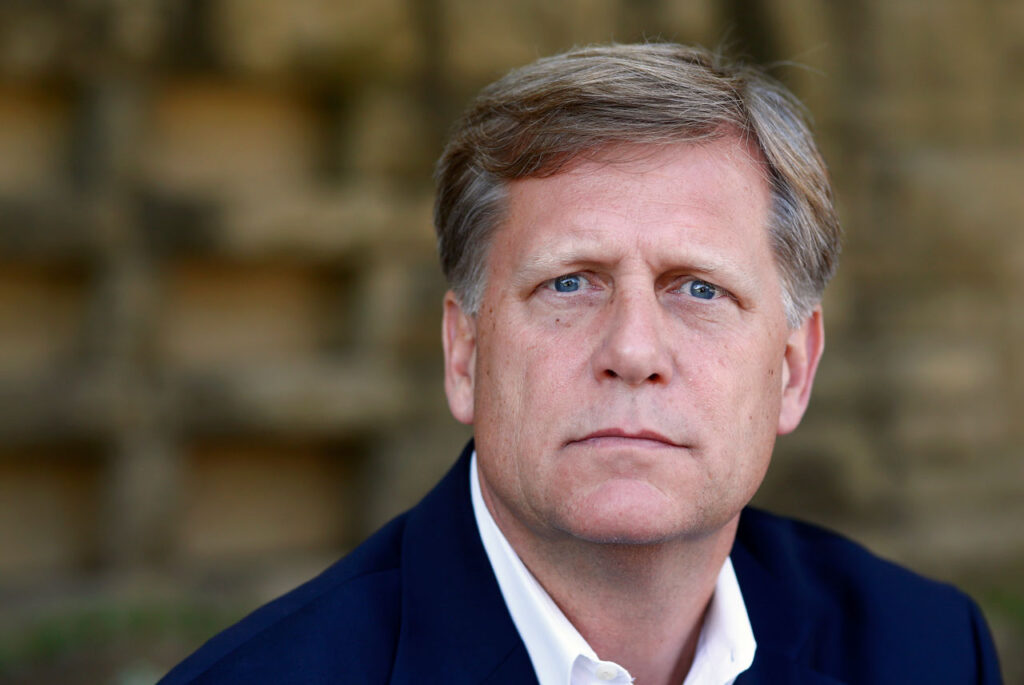
Michael McFaul, the former architect of U.S. President Barack Obama’s Russian reset policy, believes Russian President Vladimir Putin “wants a Yalta 2.0. He made it very clear that he wants to negotiate with Washington about the fate of European security, including Georgian security.”
In an interview with GPB First Channel, Michael McFaul said “Putin wants Washington and Moscow to decide for everybody else what should happen.”
“That’s exactly what happened in Yalta. Minus the Brits, by the way, he doesn’t want the Brits to be there, he just wants U.S and Russia. That’s unacceptable. You cannot negotiate matters about European security without Europeans in the room.
In my view instead of Yalta 2.0, we need a Helsinki 2.0. The Helsinki Final Act negotiated in the 1970s was with all European countries in the room and that would include Georgia and Ukraine. I think that’s the right format. And second, in terms of the substance, Putin has outlined his wishlist for European security, so I think it is incumbent upon President Biden and other leaders in Europe to respond with the things that they think would enhance European security,” he underscored.
The leading expert on Russia noted that Putin is threatening Ukraine to receive concessions from Ukraine and the West. “To me, the threat to Ukraine is not a NATO membership, but Ukrainian democracy. That’s crystal clear. Putin has invented this crisis.”
“NATO was not planning to provide membership to Ukraine, the Biden administration didn’t change the policy. Putin has completely fabricated this crisis. Secondly, he is now up the ante by publishing new treaties between Russia and NATO and Russia-US concerning the security of Europe.
I just want to point it out, I did work in the government for five years, I worked negotiating with Russians on things like the new start treaty and Russia’s accession to the World Trade Organisation. I can say that it is highly unusual in diplomacy that one side in negotiation publishes their positions ahead of time. It’s very very unusual. You usually are negotiating behind closed doors and you only publish a treaty or an agreement when all parties agree to it. So that suggests to me that Putin is not serious about those documents and he is using them as an ultimatum for war and further aggression.
Remember there is already a war that Russia started against Ukraine at the beginning of 2014 and that makes me nervous because that doesn’t seem serious to me that you just publish your own treaty and then ask everybody to sign what you wrote by yourself,” he asserted.
Michael McFaul thinks Russia should withdraw its recognition of the independence of South Ossetia and Abkhazia and withdraw military support from those two pieces of Georgian territory to allow for real negotiation for re-unification. Russia should withdraw its forces from Transnistria; from Crimea, “that was an illegal annexation. That territory belongs to Ukraine and Russia should withdraw separatist forces in eastern Ukraine.”
“Russia should remove its Iskander missiles from Kaliningrad, which are highly destabilizing for European security; if you remember in Helsinki Final Act, they talk not just about the security of countries, but the security of individuals and I think that’s a very important principle, so Russia should stop trying to kill individuals. Whether it’s in London – Mr. Litvinenko, Solsbery – Mr. Skripal, Berlin – the assassination that took place there or assassinations that took place inside Russia. Boris Nemtsov in Moscow and assassination attempt against Alexey Navalny in Tomsk. Those are acts against European security that Russia should hold. And I could go on with the list, but I think there is a long list that underscores the fact that Putin’s Russia today is a major destabilizing force for European security, and if there’s gonna be a serious negotiation about enhancing European security those aggressive acts need to be a part of the discussion as well,” he added.
Asked whether the Nord Stream-2 pipeline is important to Russia to create some problems in Ukraine, McFaul said Putin is “obsessed” with Ukraine because he can’t have a functioning democracy on his border. “Especially a functioning democracy, that by his own account, by a nation and people that are very closely related to Russia in terms of culture and history because this undermines his whole argument for why Russia needs a dictatorship and why Russia needs a strong hand.”
“If Ukraine can govern itself as a democracy, that threatened Putin’s autocracy. So that’s why it’s more important than Nord Stream 2 for him; that’s why it’s more important than anything else. And I think it’s a big mistake, probably not in Georgia, you have smarter analysis than we do in the United States. But here in the United States, there’s often a debate about – “Well, that’s not rational for Russia to do. That wouldn’t be in Russia’s national interests to do and therefore Putin’s won’t do that -“I think that misses a point. Putin is not rational. He is a very emotional and ideological leader. Putin thinks he is chosen by God to recreate a Russian Empire and reunite the Slavic people. He said this publicly. And those are ideas that are not of the rational, calculating leader, but somebody motivated by dangerous ideas. He risks a lot to pursue his ideas and therefore, an idea that somehow Nord Stream 2 is so important to him that he wouldn’t risk military intervention. I don’t think that’s true. I do not also believe that Putin already decided to invade. I think he is still looking to see what concessions he can get from Washington, Brussels, and Kyiv by threatening to use force, but the idea that he won’t use force because it’s not rational, that’s miscalculation about Putin’s behavior,” he stated.






